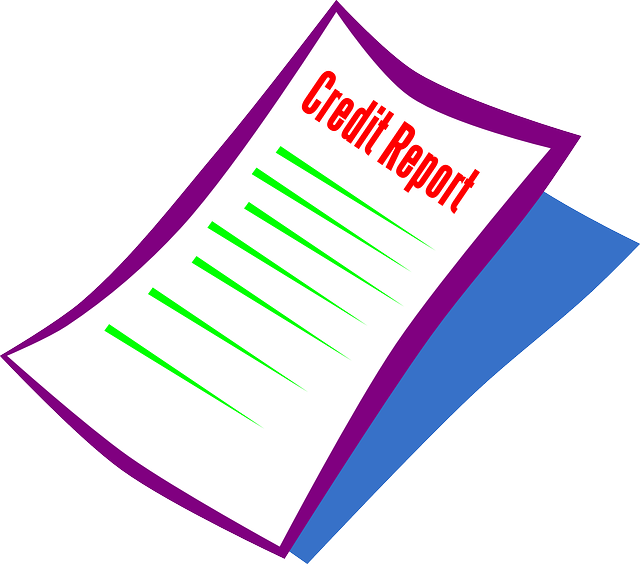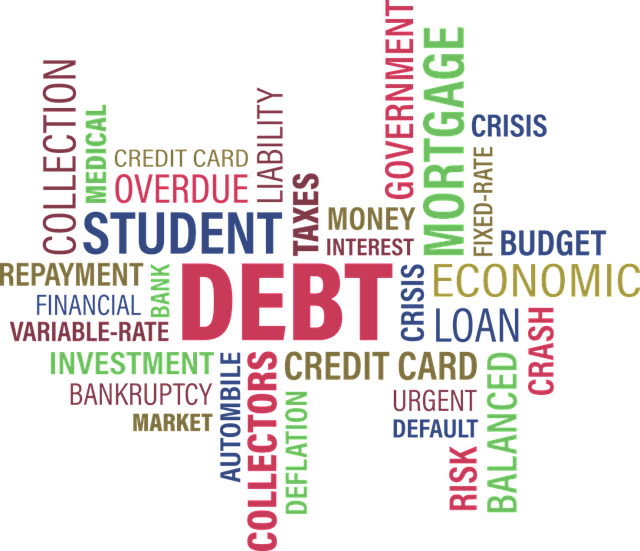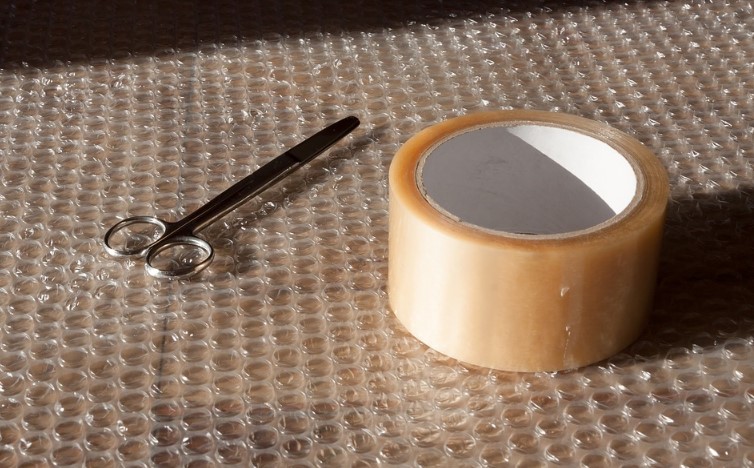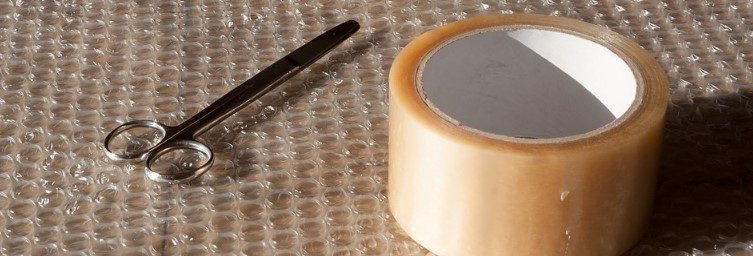Credit Score Repair 101
Given how much of your life hinges on your credit score and report, it’s baffling that for many people it still remains something of a mystery.
So… What Exactly Is It?
Your credit score is a number that indicates your credit-worthiness. There’s an opaque description if there ever was one, hey? It’s usually a three-digit number between 300 (a poor score) and 800 (exceedingly good). And good news for Minnesotans; government data states you guys have the highest average credit score in the country!
So everyone has a number and it’s what lenders use to determine if you’re a good, responsible borrower. That’s the theory at least, and for decades, that’s how credit scoring was used. The reality in 2017 is somewhat different.

Credit Scoring Is Now Applied To A Huge Amount Of Life Necessities
If you’ve got a bad credit score, then you might think: okay, so I’m not going to get a credit card any time soon. That’s fine; I know I haven’t handled my credit well in the past so I will just take that as it comes.
So you don’t intend to borrow, thus your credit score is largely irrelevant to you – right?
Wrong. Credit reports are now consulted for a variety of different products. If you want a cellphone contract, a mortgage – even your gas and electricity supplier might want to run credit checks. Not to mention if you want to rent a home; if your credit isn’t up to scratch, then you’re going to struggle to find anywhere to rent at all.
Even if you step outside of the traditional financial products therefore, you could find yourself struggling to provide yourself with a huge variety of services. In fact, it’s not pushing possibilities to suggest that it is nigh-on impossible to live a full functioning adult life without at least a passable credit score.
So What Do You Do If Your Credit Is Bad?
At this point, you’re stuck in a loop.
Lenders want to lend to people with good credit histories only, but that means if your history is bad, you can’t get credit to prove that you now know how to manage it.
The only option at this point is so-called “subprime lending”.
Wait, Didn’t That Cause Financial Catastrophe?
Yes and no.

There is no inherent harm in lending to people with poor credit records. Records can last up to six years – do you make the same financial decisions today that you would have six years ago? It’s unlikely. subprime is a necessary field because it helps people rebuild their history and prove they have learnt from past mistakes and rectified their spending.
In 2008, subprime mortgages were blamed for the global financial crisis. This is when banks lent money to customers that they reasonably could not expect them to afford. When these owners defaulted and this cycle happened enough times, it brought the world to the brink of financial ruin.
But without subprime borrowing and lending, everyone is stuck where they were six years ago. Even when those six years clear items off their credit file, it can still be difficult to obtain credit due to a lack of history.
What Are The Pros and Cons of Subprime Borrowing?

With subprime borrowing, you have the opportunity to borrow money where conventional banks might refuse to lend to you. Keep this borrowing in good check, and it will begin to repair your credit score. It’s just what you need to begin to tape your credit report back together.
The disadvantage is that it tends to be more expensive. You will see higher interest rates than those with good credit reports. This is because, for the lender, lending money to someone with a poor history is more risky for them. However, if both parties are sensible in the amounts in question and the purpose of the money, then it can be a lifesaver for anyone wanting to get back on track.
There are a myriad ways you can begin to borrow even with a poor credit history. There are cards you load with a balance and then use like a credit card. You can try schemes for car finance like Buy Here Pay Here or catalog borrowing, which tends to have a lower credit score requirement than a credit card or loan. Even a basic hire-purchase agreement or keeping your phone and internet account run well will go in your favor on your credit history.
How Else Can I Repair Credit?
The best methods of repairing credit are borrowing consistently and showing your ability to pay back what you owe. Not using any credit at all is not reassuring to lenders. They want to see that you use credit and sensibly; that you meet – at least – the minimum payment and manage your household affairs well. No history can be as bad as a good history, so don’t think just outright avoiding credit is a good option.
It’s best if you can maintain the same address, occupation and income as this shows stability that reflects well in your credit score.
It’s also important to examine who you might be financially linked to. Say, for example, your spouse also has bad credit. If you share a bank or even just a phone account, then you are financially linked to one another. This can impact both of your credit scores in a negative way.

When repairing credit, try and keep things as separate as possible – different accounts or (for things like your internet provider, where it doesn’t make sense to have two lines) kept in a single name only. This means if one of you makes a mistake – and it’s easily enough done – then you’re not both going to suffer for it.
It May Take Awhile
Credit repair is not a quick process, so don’t expect to see massive number jumps for at least six months. Over time however, your prospects will improve – so wait it out, follow the steps above, and vow that this is your route back to financial solvency.
(Images via: Clker-Free-Vector-Images / Maialisa / stux / Unsplash

